The inspection is considered to prevent cross-ownership between banks, which can cause consequences that undermine the safety of the credit system. At the same time, this is also one of the important agenda items that the SBV's leaders will answer questions about in the upcoming National Assembly session.
The State Bank of Vietnam's report said that the situation of share ownership and cross-ownership between credit institutions, credit institutions and enterprises has decreased significantly compared to the previous period.
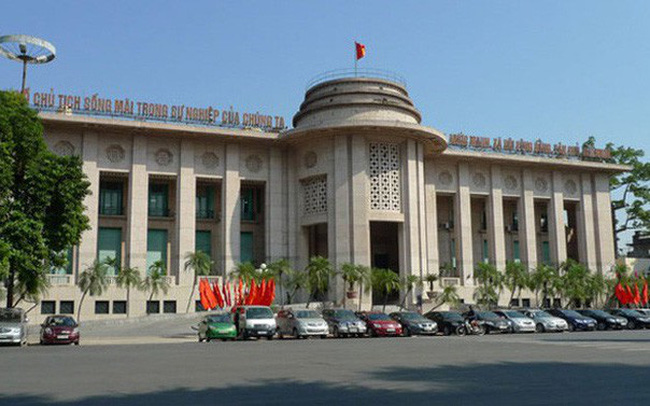
The Governor of the State Bank said that he will step up inspections of share and stock transfers at banks to prevent cross-ownership this year. (Photo: SBV)
However, handling the issue of ownership exceeding the prescribed limit and cross-ownership is still difficult in cases where major shareholders and their related persons deliberately conceal or ask other individuals or organizations to register their ownership shares to circumvent regulations. This leads to a situation where credit institutions can be controlled by these shareholders, potentially leading to a lack of transparency in their operations.
According to the State Bank, the difficulty in preventing cross-ownership in banks is related to many entities under the management of ministries and branches. In fact, the State Bank's management entities are only credit institutions, so the State Bank has no information or tools to control cross-ownership between companies in other sectors.
Therefore, in the coming time, the State Bank will continue to monitor the safety of credit institutions' operations and through inspections of capital, share ownership of credit institutions, lending, investment and capital contribution activities.
In cases where signs of crime are detected, the State Bank will consider transferring the case to the police for investigation, clarification of violations and handling in accordance with the provisions of law.
Source


![[Photo] General Secretary To Lam works with the Central Policy and Strategy Committee](https://vphoto.vietnam.vn/thumb/1200x675/vietnam/resource/IMAGE/2025/5/28/7b31a656d8a148d4b7e7ca66463a6894)

![[Photo] Prime Minister Pham Minh Chinh receives a bipartisan delegation of US House of Representatives](https://vphoto.vietnam.vn/thumb/1200x675/vietnam/resource/IMAGE/2025/5/28/468e61546b664d3f98dc75f6a3c2c880)

![[Photo] Vietnamese and Hungarian leaders attend the opening of the exhibition by photographer Bozoky Dezso](https://vphoto.vietnam.vn/thumb/1200x675/vietnam/resource/IMAGE/2025/5/28/b478be84f13042aebc74e077c4756e4b)
![[Photo] 12th grade students say goodbye at the closing ceremony, preparing to embark on a new journey](https://vphoto.vietnam.vn/thumb/1200x675/vietnam/resource/IMAGE/2025/5/28/42ac3d300d214e7b8db4a03feeed3f6a)
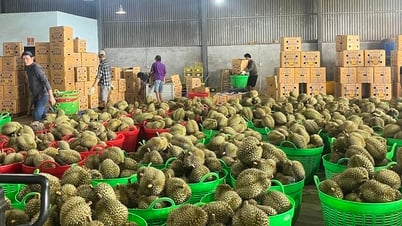





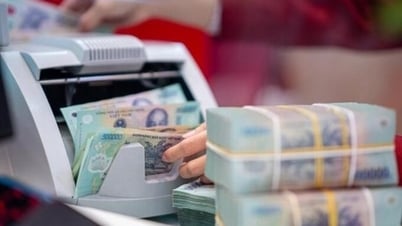
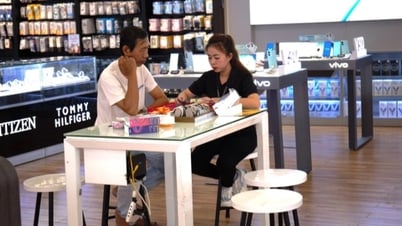


















































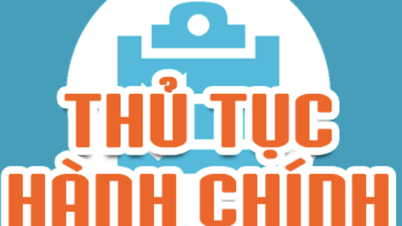








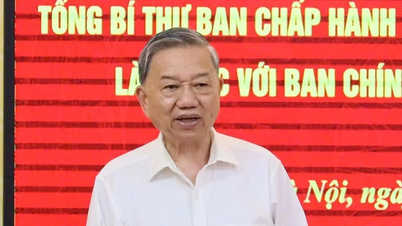


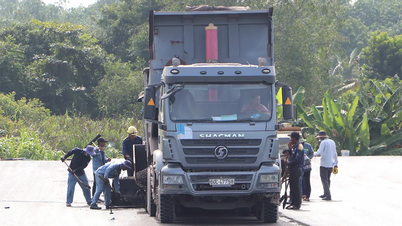

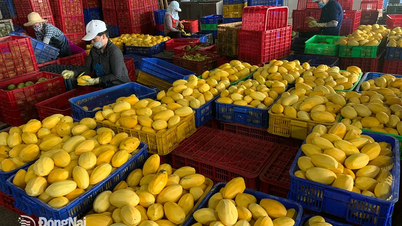

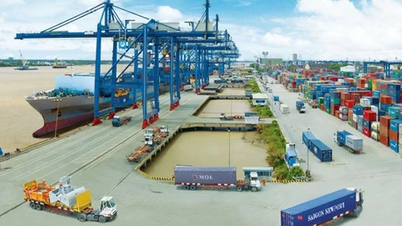








Comment (0)